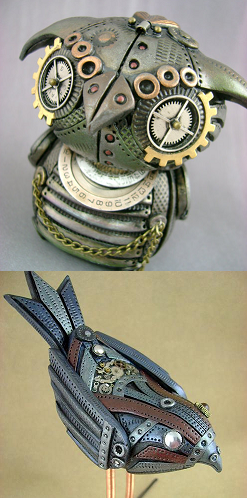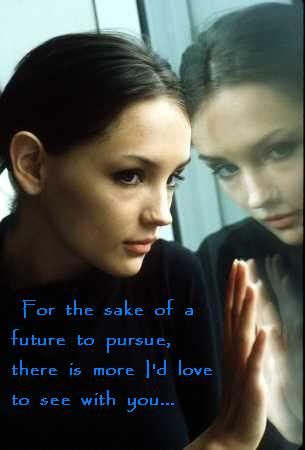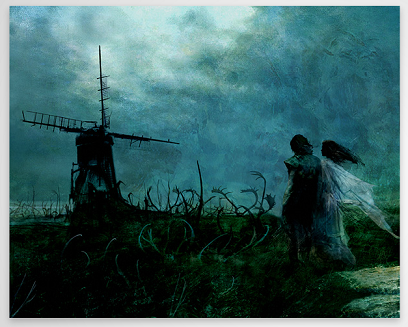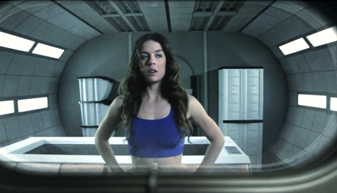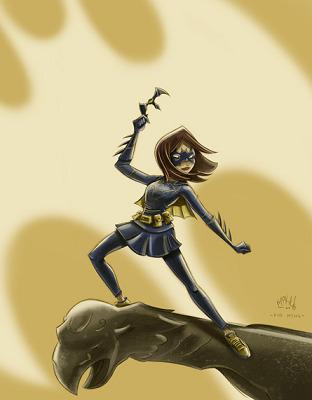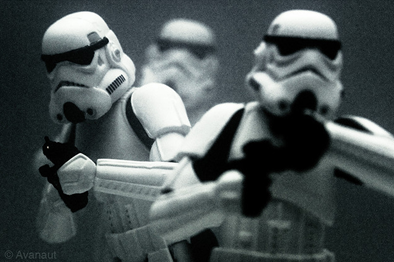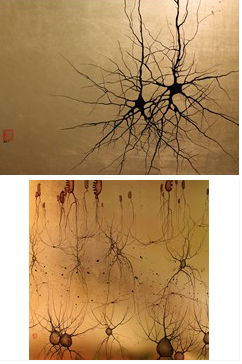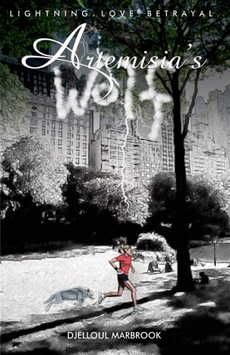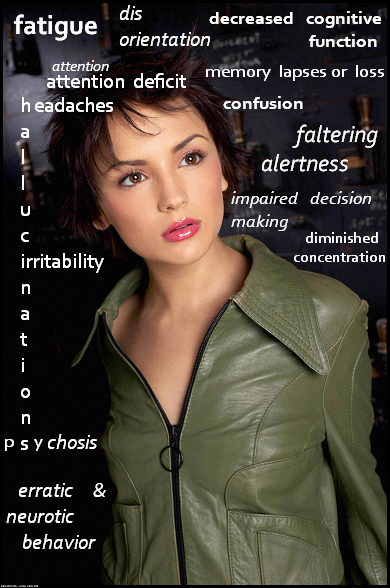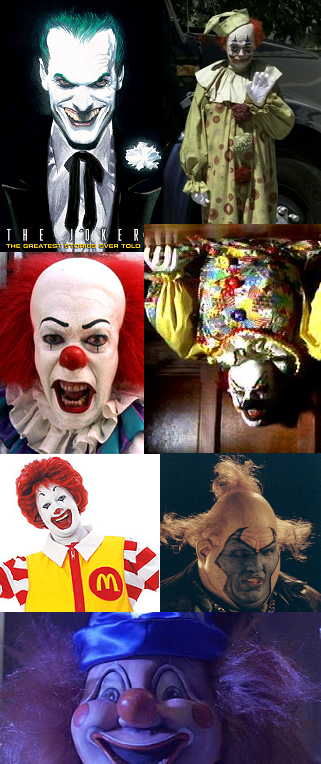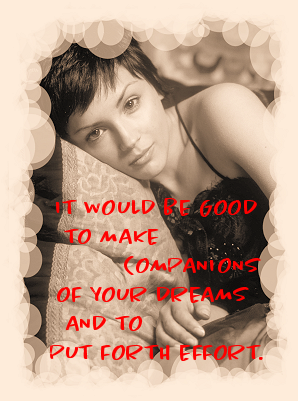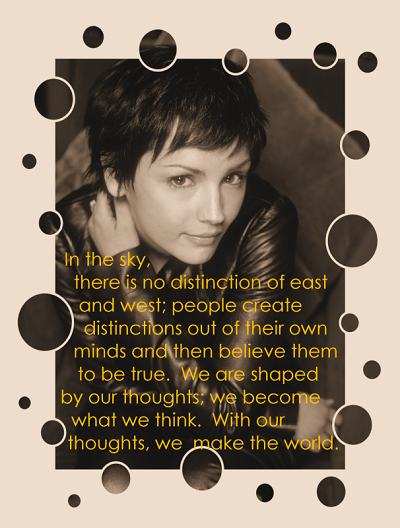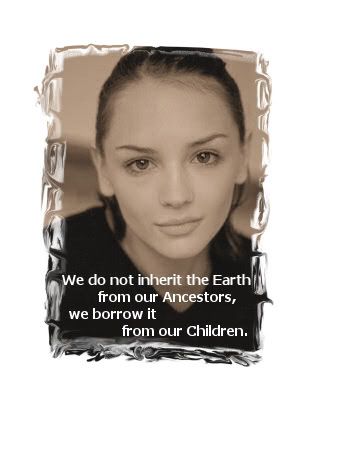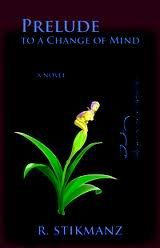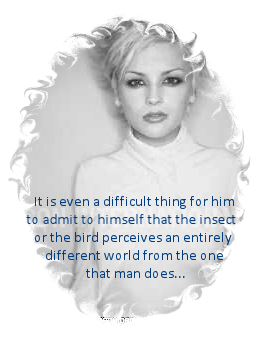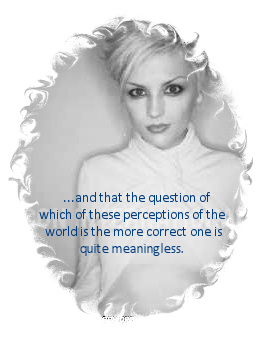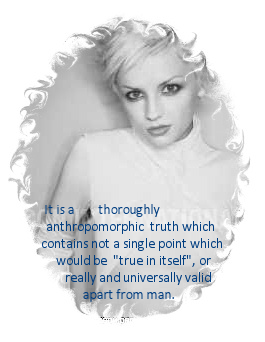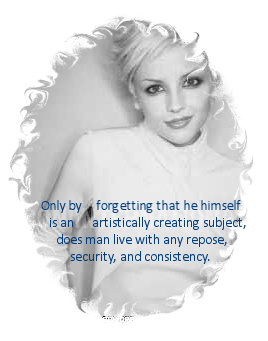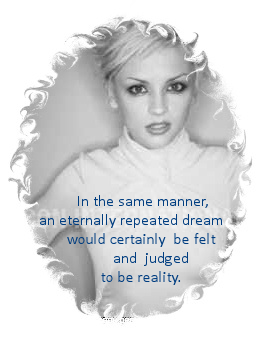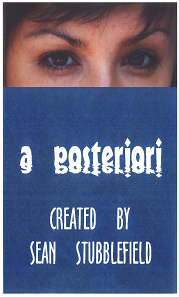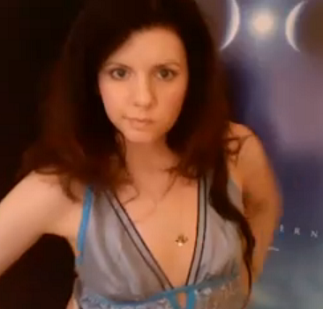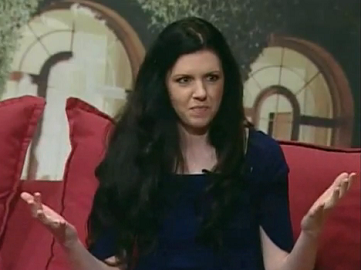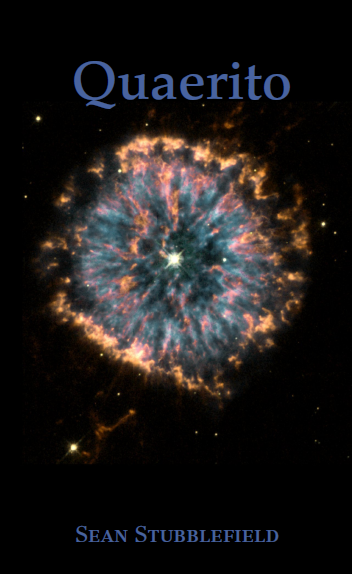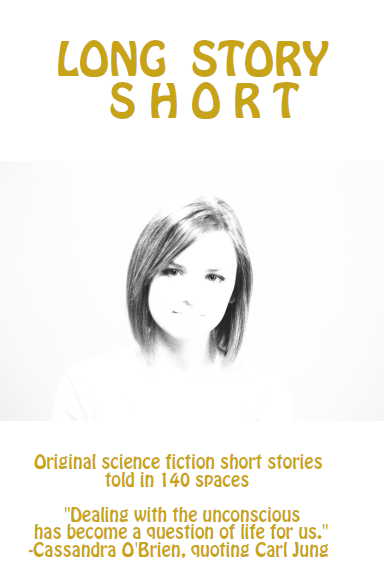A 25 year old Caucasian and an 8 year old American Indian discover this during a strolling adventure one summer morning. Cassandra O’Brien, and her younger companion, La’Roba.
Woman and girl.
(Did you assume these characters are male?)
Cassie has been alone for a long time. Despite her dear friends and family she adores.
Not exactly alone. Of course, there are the doors. She dreams.
To be alone, or to feel alone— and be ok with it-- is to form and formulate solitude, to cultivate and curate solitariness.
As the difference between someone who has seen the sun and one who has not—or even one who can see and one who can not; there is an itinerant and inconsolable language barrier, an irascible incompatibility. Or maybe vice versa. Which, alas, has a way of intermittent isolation.
She dreams; not to be alone, but not to be alone.
When someone you know appears in your dream tableau, the character is actually an extension or piece of them. Whether deriving from them, your interpretation of them, or some variable combination… doesn’t matter. And like a ghost or spirit apparition, these personages are a kind of lingering residue or energetic impression of the living person.
Approaching that enigmatic window in the spirit of exploration, the two travelers look in and see several people of varying ages and races in a small storage room. These erstwhile souls have been trapped, they say; discarded by those whose dominion is a palatial hotel visible in the near distance behind that window.
The shining beacon beckons Cassie and La’Roba, hither.
Entering the main lobby, vast walls echo and reverberate in a thick, post-apocalyptic silence, born in the absence of people. Persisting their expedition further inward, Cassie is drenched, in a feeling more than a seeing, with a surreal incandescence… like heat waves flowing from hot ground. There is a distinct sensation of being in an alternate dimension— as if she and La’Roba had crossed into The Twilight Zone. Regardless of the profuse and profound oddity permeating this place, this felt more real and meaningful to Cassie than the waking world somewhere beyond those doors.
The little Indian girl stares in wide eyed wonder and excitement, a hint of a grin on her mouth, reflecting Cassie’s own eager expression.
Throughout the grand palace of a hotel, the décor emanates and emulates a sublimely majestic elegance. Composed in immaculate Victorian style architecture, blended with art-deco/ nouveau features. Along the way, they paused in their wandering to admire and appreciate the intricate detail in the craftsmanship and artistry of the ambiance — which, sadly, too often went passed by unremarked by passers by… as if nothing but background noise.
Golden hued walls, mustard yellow curtains and carpets sprinkled with florid royal red aurum patterns, finely carved wooden doors of white so bright they seemed luminescent, and intricately designed beige and mahogany tinted furniture— all adorned with cream garnishment and deep burgundy trimming.
Out of the magnificent bay windows displayed along the hotel front, could be seen a marvelous ovoid paved courtyard of earth tone colored cobble-stone, lined with exquisite foliage, circumnavigating a spectacular fountain. Everywhere inside, magnificent crystalline chandeliers brilliantly cascaded from the ceiling, like water from the pristine fountain out front, casually hovering; and ornate light fixtures sprung— no, sprouted-- from the walls to decorate them, like the flowers growing in that garden… lighting their path.
Bemused and befuddled, Cassie, the hallway reminded her of traversing a circus midway, and was struck by a smidge of nostalgia for her childhood.
Along the corridor into a grand and pristine ballroom, full of emptiness and desolate quiet, the travelers wander in an aimless urgency. Here, the upper half of the walls, above the fine wood paneling, feature alternating and equidistant red and white vertical stripes, with a row of white stars suspended horizontally in the red stripes— not unlike a circus or carnival tent. Crystal plates and drinking glasses are already arrayed on amber and maroon-laced table cloth; as if in preparation for anticipated visitors. Except for the cleanliness and presence of chairs positioned around tables with place settings, there was no indication that any one was home.
Or that anyone had been present in a long time. There was nothing in this grand hotel to validate any precious or precarious understanding of normalcy.
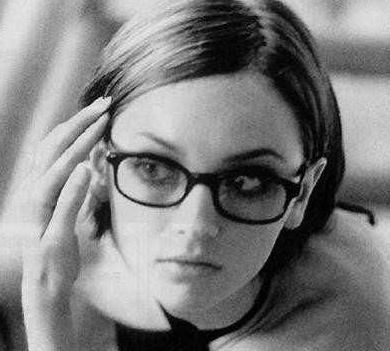
Startled, La’Roba and Cassie gaze in stunned astonishment to witness a group of people coming into the room and gathering around tables to find a seat, quite suddenly and without any warning or apparent prompting.
Even more peculiar than the mysterious arrival of the denizens is what they were wearing.
Which was nothing. These people were completely naked and clothing free.
Cassie had the vague notion, she may have over-dressed for this bizarre occasion.
No, wait, one person did have clothes on— an elderly woman in divine and fanciful attire.
An elegant white ball gown with reserved but glorious frill and plumage and gold piping; similar to the proliferate architecture, also seemingly of the Victorian era.
As the host approached, Cassie noticed the lady looks like her mother, who looks like an older Gwyneth Paltrow. In some peripheral compartment of her mind, Cassie is vaguely aware of faint calliope music twinkling above them, drifting in the space between… lightly drifting, swaying, where silence begins and ends. Simultaneously ubiquitous and obsequious.
La’Roba warily nudges closer to stand beside and slightly behind Cassie as the matron approached Cassie to greet them, and explain this oblique affair. She, the host, glided and gilded with regal grace and poise, beaming as serenely as a monarch.
All guests and attendees to the banquet were expected to expose themselves, body and soul—which included literally being nude. None of them seemed to think this nakedness objectionable.
But, being of the shy and self-conscious sort, Cassie hesitated, dubious… nervous. The host— Cassie’s mother-- was quite, though politely, insistent on the strange criteria. Her tone and demeanor indicated an innocent bafflement-- as if not understanding why this would be a problem. Although their gracious and graceful host paradoxically continued to keep her clothes on, clearly without any awareness of the obvious contradiction. To so brazenly and casually have her mother asking her to strip naked was weird for Cassie.
Inquiring as to what happens to those who decline or resist removing their clothes, the elder host informs her, in uncertain terms, that refusing to comply with the strict dress code would be considered extremely rude and untolerated.
If anyone insisted on being obstinate on this matter, they would not only be denied participation, but also be forcibly sent away… discarded, denied. Invitation rescinded.
When encountering an idea which challenges or contradicts what we believe or want to be so, a neurotransmitter triggers a defensive mindset that makes us resistant and repressive to ideas contrary to what we think we know. In such a discordant mental state, we become less receptive, less tolerant, less open minded about different and unusual and unexpected and undesirable things. By psychologically labeling the self as internal and the environment as external, we constrain our own neurochemical processes and experience a deluded and false disconnection. And the self-amplifying cycle of acceptance and acknowledgment, sustained by the daily choices in our interactions, is the chain-reaction that will ultimately eradicate feelings/ impressions of alienation and separation.
There is no such thing as a free choice while being emotionally attached to a belief system.
If we may achieve enough self-aware to realize this, we can truly work together to figure out what will benefit us most— individually and collaboratively; determine and understand what we really want (from ourselves, from others and from life).
The question is not whether our beliefs are exactly right or wrong, true or false, but— more importantly-- whether or not being emotionally attached to (or bound by) them is more or less likely going to benefit us, and to what extent. It occurs to Cassie how much we use clothing to confine us; fostering gender bias and conformity. We hide so much behind our clothes. We look outside ourselves to find what to think of ourselves.
Women may wear a man’s clothes in this day and age, generally without proclaiming delinquency, impudence or vulgarity, but men… for some inarticulate and unspecified non-reason— it is not socially acceptable or decent in mainstream venues for men to wear women’s clothes. This may give the impression or illusion that women are more at liberty in their options and choices.
But the secret, unspoken truth is that men have implicitly granted women permission to wear men’s clothing… either to make women seem more like men, or to appeal to male preferences. Females are allowed such discretion and latitude so that men might have pretty things to look at, and to lust after, to adorn and reward themselves with. In American society, it is regarded as ok for a girl to be a tomboy, but not for a boy to be girl-like (a tomgirl?).
When a man must dress up— professionally or for some special occasion-- they are expected and constricted to wear a suit… dull and austere. With that, a man is made just a suit… you're a zombie, there's no self-expression. There's no individuality or diversity within that. So it's either the men blend in and become a common suit, or revert to the more diversified fashion of your teens or 20s (a time before you are expected to be and dress like an adult). Women, however, not only have a vast and versatile variety of styles and colors to choose from, they also get to wears men’s clothes!
If she thought about it, Cassie would rage at the constantly imposed helplessness and secondariness and otherness of simply being female in this ridiculous world of hyper-masculinity. Relegated as a component/ opponent or adjunct or accessory to The Male. The fantasy trope of Monster & maiden is representative of this mode: the male is depicted as deformed, damaged, inhuman; while the female is portrayed as beautiful, normal, fully human.
And although this could be interpreted as a feminist perspective, Cassie might say— idealizing the female superior over the male, it is, at its inception, typically implemented as male driven fantasy. Or farce? Because inside this fantasy projection, the female is still traditionally constructed as submissive, subordinate, and secondary to male characters.
And who is the magician’s lovely assistant meant to distract and appeal to, if not the (heterosexual) men in the audience? And when a female led film fails at the box office, do we conclude that the writing or directing was poor? Well, professing that female led movies are innately bad would clearly be idiotic.
Our society values women for their beauty, and men for their utility. Our fictions have ostracized and estranged the female against and apart from the male. Indeed, Nietzsche’s renown negative opinion of women (with the exception of Lou Andreas Salomé) isn’t from a dislike of women, per se, but in women as they were historically composed in our patriarchal world… as a male dominated society has made them.
But sexism and gender bias are equally limiting for males as to females.
Culture is a kind of public schooling; a prison for your mind, and it's a travesty-- Cassie would also insist-- that we routinely and cavalierly do this conditioning to our children.
John D. Rockefeller is famous for having said, "I don't want a nation of thinkers, I want a nation of workers." --people who follow directions, who are able to stay in one place for about eight hours a day, and who fear authority, and are willing to endure mundane monotony or sell their dreams & souls for a price.
The idea that we test kids, and link teacher’s salaries to how kids are performing on tests is ludicrous; that kind of mechanized thinking has nothing to do with higher order or higher thinking. We're training them, not teaching them. With great sorrow, Cassie realizes how much her mind has been tainted by exposure to that detrimental environment. She is torn between regret and acceptance: all of her experiences have been opportunities for learning, have made her who she is.
And she likes who she is. Mostly. Cassie sees and knows and believes what she is able to see, know and believe because she was exposed to such things. These are the experiences that made her someone who could be a friend and mentor to La’Roba. So it can’t be all bad. She preferred to see the good in things, more than focus on the bad. To find the good inside or formed out of the bad.
And now, after too much contamination by a sexually repressive male dominated and consumer-based society, being naked with an audience would be awkward enough to Cassie; but she had not shaved her legs or under her arms or pubic area in over two weeks, and felt a momentary twinge of obligatory embarrassment… before shrugging away to foolish imposition. Surely, such things mattered more to us than others. To have these men among the guests— naked men, and strangers— looking upon her nude form, was not exactly an appetizing proposition for Cassie O’Brien. As if, she admits, a woman could not conceivably be sexually appealing & appeasing to a woman; or a man considered so appealing to another man.
Of course, there is no shame in running away, no dishonor in escape. Is it not reasonable to want escape one’s torment or imprisonment or unhappiness?
However, Cassie, being also the curious and adventurous sort, reluctantly— with encouragement from La’Roba-- relented to play along; both dropping their respective t-shirts and blue jeans and underwear on the floor where they stood. Except for her eye glasses, all 5 foot 3 inches of Cassie stood there stark naked. She wanted to provide a good example for her young friend; be brave and bold and unashamed… or maybe she wanted to live up to the high esteem La’roba had for her.
And every one could see that, like the hotel, Cassie’s carpet matched the drapes of her pixie cut brunette hair. Now fully nude, La’Roba and Cassie hold hands in commiserate comforting; La’Roba guiding Cassie (with the easy nonchalance of a child) to a pair of empty seats, as food and drink are served by similarly naked servants. No one else seemed to care that they were naked, beyond a passing and grateful acknowledgement of compliance. So… defiantly, stoically, boldly… Cassie O’Brien sat there in the nude, alongside her friend.
Remember what it felt like to be a child in full optimism and appreciation for this world and our potential as a human race?
As Nietzsche said: All things are subject to interpretation. Whichever interpretation prevails at a given time is a function of power… not truth.
And: Rejoicing in our joy, not suffering over our suffering, is what makes someone a friend. She knew La'Roba is definitely her friend.
Identity is fluid, flexible. Momentary expressions of an ever-changing unity with no center.
We, each of us, are in a constant state of, not only transition between what is and what will or might be… but duality, between how we see ourselves and how others see us.
We all have identities written in our name by others. We become transcriptions, transcribed; denoted in the thought or spirit of what others think of us, what another person thinks we are, or were, or should be. What we seem in the eyes and estimation of others is much like Gospels of Jesus— words credited to him according to others who are not Jesus, and may think they know Jesus. He did not necessarily say those words he is said to have said, exactly as documented… but would/ could have. Like “Beam me up, Scotty”, from Star Trek. The phrase is often attributed to Kirk; although it sounds like something he would have said, he never actually said those exact words on screen during the series.
In the search for ourselves, we are often like a search request submitted to prohibited database records. Query protocols get redirected to alternate archive source. We engage an attempt to access information that is so restricted, so elusive that it is not even officially (or consciously) catalogued within those data banks. Containment protocol initiates immediate isolation of related files, prompting a diversion to false, manufactured content... files in question that aren’t even stored in the computer— a security measure to prevent access or discovery. Several layers of calculated distraction & disinformation of multi-compartmentalization stand in the way. And there is just enough valid info in the fake file to pass as real; the data within that file is all true— after a fashion. Offering a semblance of truth.
Partial truths and truth hiding and mixed among lies. Partial, in the sense of being incomplete or imprecise, as well as being biased, preferred… maybe even wishful (or willful?) thinking.
When we are self-aware, we can alter misplaced emotions, because we control the thoughts that cause them. Random reactions and lack of self-awareness incites frustration and self-doubt.
Allowing self-awareness without attachment to the imagined self-- the idealized or delusional self-- enables dramatic increases in mental clarity, peace of mind, social conscience, and what is often described as ‘being in the moment’. Who we are is both a matter of choice and of no choice, to varying degrees; conscious and unconscious. The more of ourselves we can consciously choose, the less of ourselves is left to random chance.
There is no specific center of consciousness, Cassie has learned; the appearance of a unity is illusory, deceptive— separate areas of brain interactive/ simultaneous. Convergence of neural interaction expresses itself as consciousness. The type of thinking we do most often conditions our brain for that kind of thinking process and mentality.
Inexplicably, Cassie and La’Roba are abruptly led by the host— much to their surprise-- into another ball room, just as splendid and resplendently constructed as the room they left.
Briefly, Cassie is irritated by a sting of annoyance— she hates being disrupted… especially unnecessarily or foolishly. La’Roba, in her innocence, is gleefully entranced and taking the festively peculiar promenade in stride.
Barely a moment after she and her were seated at the table, they are cordially escorted to another ball room to begin the same proceedings and protocol again. That eerie— yet strangely soothing-- calliope music flittered around them as butterflies, a subtle and supple companion on this queer journey. Except her and she were already still naked, with a new group of just-as-naked people— female and male, of varied age and race-- were ushered in from the opposite side of the room. And like before, none of them appeared disturbed or discomfited by the mutual absence of clothing.
And like before, as soon as they are seated… about to receive their complementary meal, Cassie and La’Roba are spontaneously whisked away into yet another identically fantastic ball room. With another different set of naked attendees.
But this time, before Cassie and La’Roba can begin deciding on which table to choose, their genteel host kindly directs them to stand along the wall next to the entrance--- gesturing for them to wait here, merely watching the others in a somnambulic ballet of musical chairs.
As the others settle down into their meals laid bare, Cassie and La’Roba are then settled down to the end of an arched stone masoned corridor, and through a dimly lit and arched wooden doorway that resembles what might be found in an old castle. Descending a flight of spiraled stone-step stairs, the three of them arrive in a stone-walled walk-in storage closet. There are people already here. And they are all fully clothed.
And forlornly gathered at a barred half-circle window in the finely chiseled masonry, staring through onto a still and quiet lake shore. Which indifferently glimmered and glistened… like a red wheel barrow, glazed with rain water, beside white chickens.
